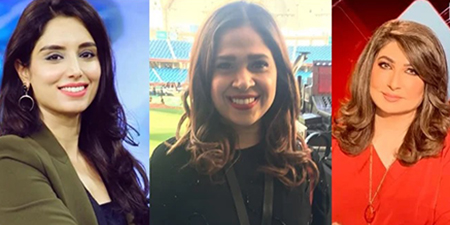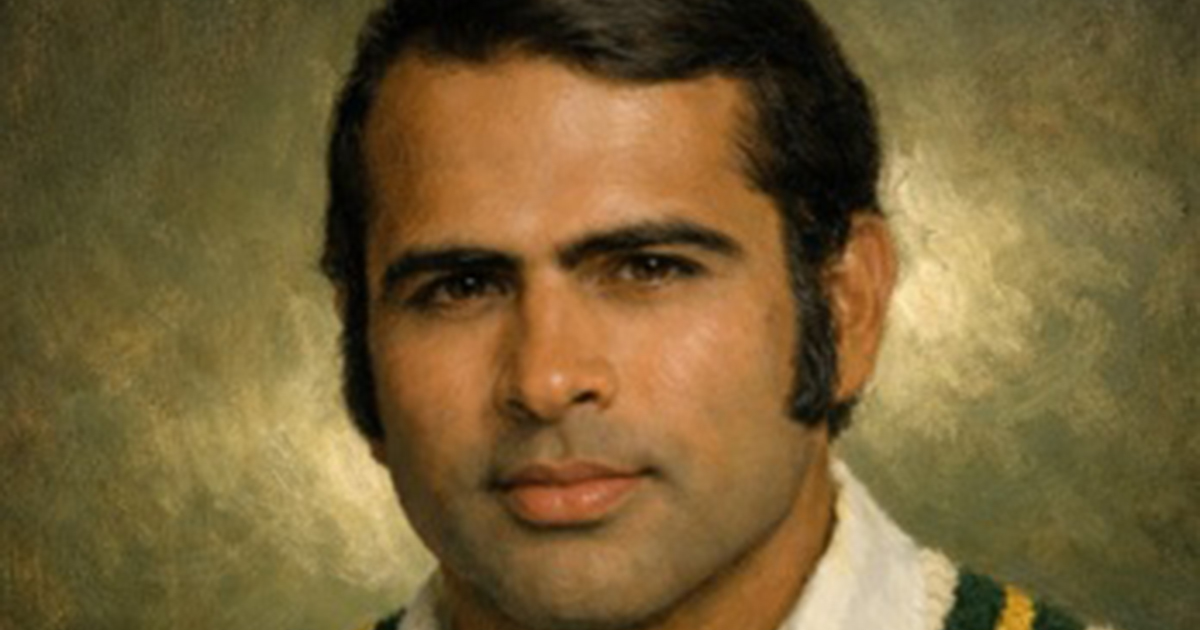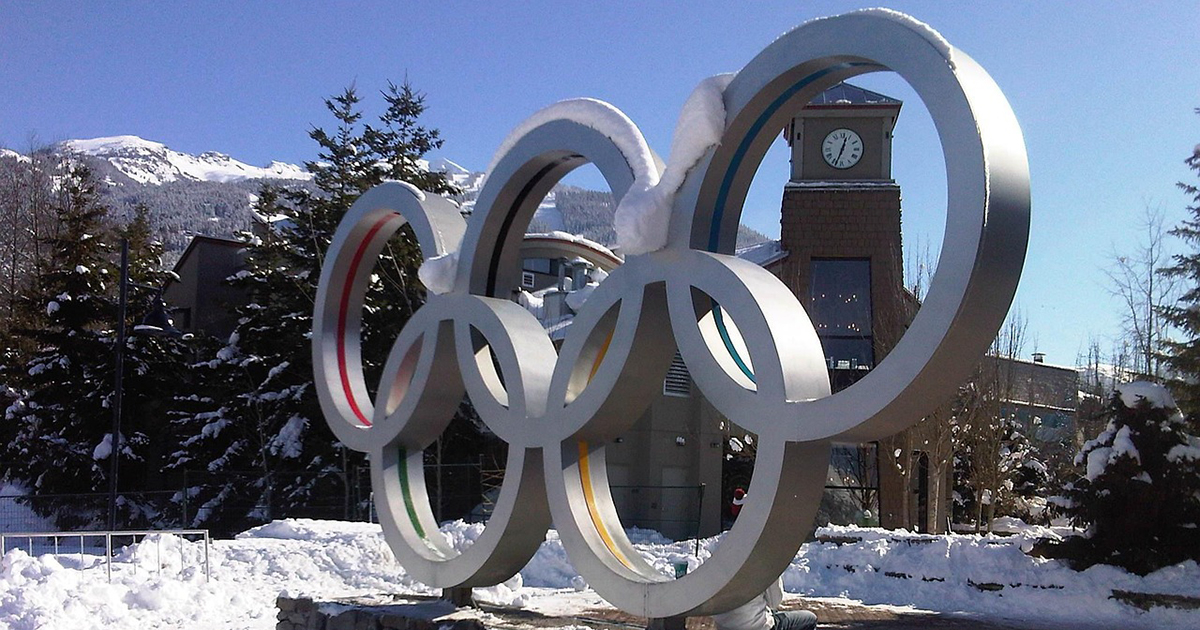Meet some of Pakistan's talented female sports journalists
JournalismPakistan.com | Published: 22 May 2021 | Cherie Conela
Join our WhatsApp channel
This article highlights the inspiring stories of female sports journalists in Pakistan who face various challenges in a male-dominated field. It features interviews with prominent figures like Aalia Rasheed and Shazia Hasan, who share their experiences and struggles in sports reporting.Summary
ISLAMABAD—Several Pakistani women journalists are doing a remarkable job covering politics, education, health, and entertainment. Still, in the field of sports, it is rare to find women journalists doing field reporting.
To understand the reasons, Geo News recently posted an interesting article in which different sports reporters express their views.
Aalia Rasheed, the first Pakistani female cricket anchor, and journalist said that the popularity of electronic media had no doubt opened new opportunities for female journalists. However, there is a tireless struggle required for making a name and earning fame in sports journalism.
She started her journalistic career with the state-run TV channel and became the first woman TV anchor in the 1990s.
Shazia Hasan, Sports Editor of Dawn's Sunday Magazine, dreamed of becoming a sports journalist since childhood. Regrettably, when joining journalism, she was informed that covering sports was not suitable for girls. Three editors quit their jobs during her stint, and the fourth allowed Shazia to work on the sports beat. Currently, her professionalism, being a sports editor, is widely recognized by the readers.
She said that the day she got the sports beat, the attitude of her male colleagues changed dramatically. Some said that “I took up the sports beat because of glamour, whereas others were of the view that females had no sound grip on the techniques, rules, and regulations of various sports.”
Shazia regretted that some male sports reporters were not interested in covering and filing stories about women’s sports events. According to her, female journalists were also discouraged from covering such events.
Natasha Raheel, a sports journalist with The Express Tribune, considers herself fortunate to be associated with a prominent media group where editors and fellow journalists are supportive. However, she described that some male journalists tried to put her under pressure early on in her career.
Nadira Mushtaq, a senior sports journalist, and anchorperson, has been associated with journalism for the last two decades. According to her, most news channels and newspapers prefer women journalists to report health, education, and entertainment. Sharing her personal experiences, she said that commonly it is believed that a woman can’t become a good reporter or journalist. “Initially, people used to be inappropriate with me,” she said. “Nothing is impossible to achieve if you are committed.”
Nadira, also traveled to many countries with national sports teams. She also served as the media coordinator for the Pakistani women's cricket team for the Women's World Cup series.
Several Pakistani women sports journalists have been recognized internationally. Among them is Fareshteh Gati. As long as she covered cricket, she was the best. Similarly, Sanovia Chaudhary, Fazeela Saba, Zainab Abbas, Sawera Pasha and others are doing wonders.
Photo: urdu.geo.tv
KEY POINTS:
- Aalia Rasheed is Pakistan's first female cricket anchor.
- Shazia Hasan fought against gender biases in sports journalism.
- Natasha Raheel values the support from her media group.
- Many female journalists face pressure and skepticism in the industry.
- Several Pakistani women sports journalists have gained international recognition.

























